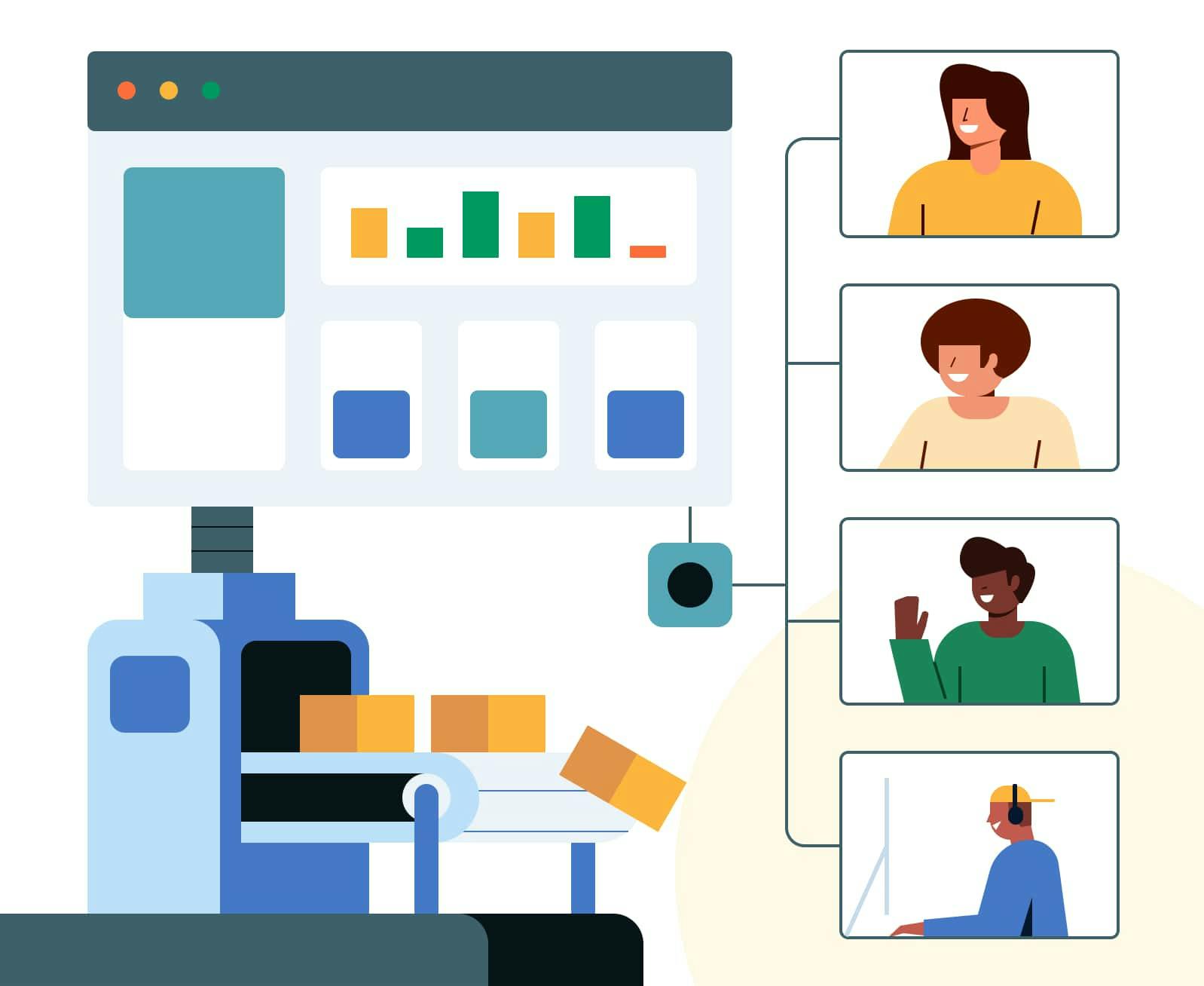The creative agency and COVID-19
There is no doubt that all of our lives have been impacted, in some way, shape, or form by this global pandemic. In fact, most of us (myself included) are still caged like animals, under quarantine. That said, most seem to be focusing on the negative. But, in this article let’s take a quick look at a glimmer of a silver-lining for modern digital marketers, creative agencies, agile small businesses, and freelancers, alike.
Ad agency, pre-plague
Prior to this unforeseen series of events, a common global strategy we employed at Vulcan – my digital marketing agency – was to speak with prospective/existing clients about how our streamlined skillset could help offload internal work. This is also a regular practice with many marketing companies, freelance iOS and Android app developers, graphic designers, and similar industry professionals.
However, if you’ve ever taken the plunge down this route, you probably know the common line. “We do it all in-house.” In fact, at one point in 2018, CNBC estimated that 78% of businesses had some form of internal design staff. No problem! At least for our team at Vulcan. We’ve set ourselves up in a way that our skillset complements and empowers existing teams, as opposed to obsoleting them. I’d assume most design agencies do something similar.
That said, this was still a common roadblock. Decision makers (and, to an extent, people in general) enjoy the familiar, and are intimidated by the lack thereof. If their self branding strategy was uplifted via their existing team, it would usually be a “no” to us.
On the other hand, companies were always, always hiring. Large and small. They still are, if you’re paying attention. But for the remote professional, or (worse) an agency/group of contractors, odds were they didn’t want to give it a chance. Which makes sense, bringing someone onto a team means they need to be taught to meet the company’s internal needs. And, in most cases, imbued with the company’s culture. This is easy to do if someone is completely focused on the task at hand, and not remote, working with clients, et cetera. As the hiring company, it was always safe to assume this mitigated risks. Having someone in the office every day, breathing the same air, talking with the same people, and focusing on the same immediate goal at the same time was to be worn as a badge of honour.
Notice, I’ve been writing in the past-tense this whole time…
The new way: remote digital marketing
Fortunately for all of us who have been working on this remote, contractual skillset our entire careers, the tide has changed!
Almost overnight, Full-Stack Developers, Accountants, Marketing Directors, and Website Designers have become Remote Full-Stack Developers, Remote Accountants, Remote Marketing Directors, and Remote Website Designers. Not only that, but it’s most folks’ initial venture into such an environment. For the first time ever, the knowledge and capability to work remote is priority number one.
I predict this revelation alone will open up an entirely new industry of coaches, who, specifically, help people launch remote careers. It definitely puts people with this highly in-demand skill in a wonderful position.
Equally as important, this new norm has changed many project managers’ and directors’ mindsets about the completion of daily tasks. I’ve, personally, heard the phrase “we’ve never reviewed any contracts” several times in the past few weeks.
To back this with some evidence, I believe it’s worth citing strictness of travel in and out of major cities, and many mainstream marketing events’ shifting to digital-only attendance. Cannes, SXSW, GDC, and all sorts of local events, amongst them. With many in the industry being forced to adapt for such a long period, it will certainly be hard (and costly) to lure former day-labourers back into the office.

At the end of the tunnel: create automated products
The businesses that will survive this terrible detour in modern human existence will certainly do so with a light staff, emptier wallets, and a hell of a lot more paranoia. Vulcan being no exception to this rule.
During this time, us, and many like us have become more and more wrapped up in automated tools, to help carry workloads. While that won’t lead to any immediate, dramatic changes on Vulcan’s end of the spectrum, I am certain that is not the case for all businesses.
Favourite local restaurants that would have never made an effort to invest in automated ticketing and delivery services are now wholly dependent on them. Some larger chains have even forged their own services. And, it saves all of the above on working capital, which they would otherwise invest in wait-staff/drivers. Printers of packaging – formerly packed to the brim with staff – now run even more-automated queues from remote machines. Does anyone genuinely believe owners of these businesses will return to their old ways?
My advice to the modern creative agency is to turn inward, and take a good hard look at the resources at your disposal. Instead of focusing 100% of the effort on outward materials, do you have the bandwidth to focus maybe 20-40% of it on bringing a new product to market? Perhaps one that would help the businesses you’re used to working with thrive? Maybe even one that would benefit yourselves?
Most agencies nowadays are already staffed with some of the brightest minds in marketing, competent developers, and versatile designers. I know what we will create. Need a hand getting started on yours?
Edit: Please don't misunderstand my phrasing here. Nothing about this global catastrophe is good. But, when you're drowning in bad news, looking to the sunny horizon is a pleasant cure. Stay safe everyone.
